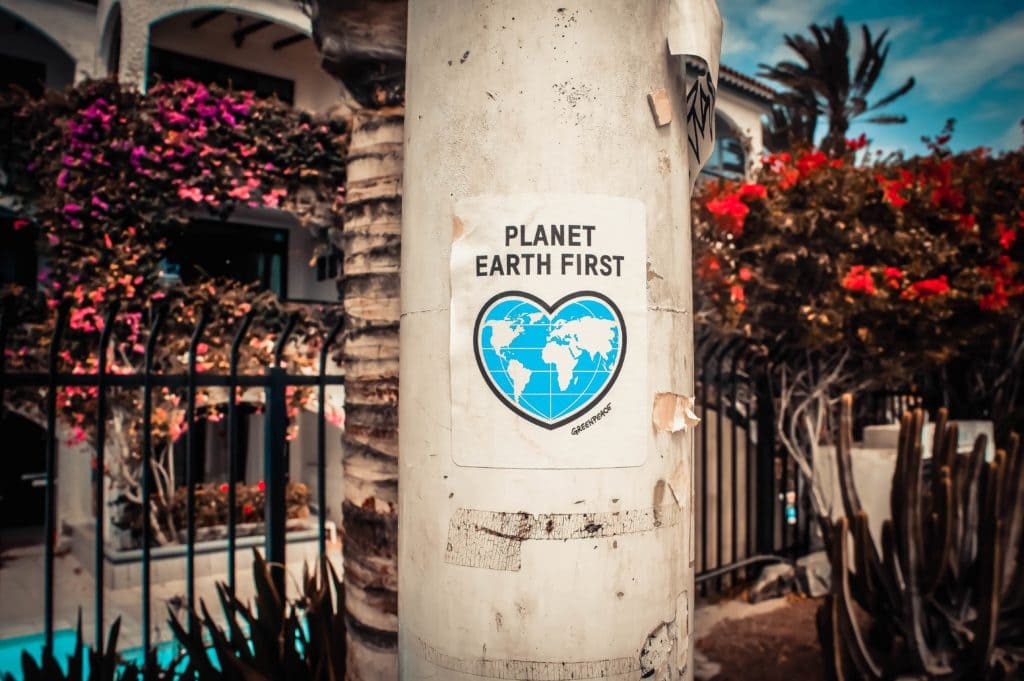
Healthy Diet For Ourselves & Our Planet
More than ever people are talking about the importance of sustainability. The need to preserve our planet and try to slow down the ever increasing rate at which we are destroying our planet. Is that a bit intense? Possibly, but it is becoming more and more apparent that if we start making some changes, there may be terrible consequences. Last year, the Intergovernmental Panel on Climate Change (IPCC) issued a report on the impact of global warming and dangers we face if we continue heading in the same direction and the ever increasing temperature rises. But how do we make change? How do we do our part to help?

At the beginning of this year, the EAT-Lancet Commission (a group of 37 scientists from 16 countries working in the fields of human health, nutrition, economics, agriculture, political sciences, and environmental sustainability released the first ever “Planetary Health Diet”.) The aim of this diet is to help provide optimal nutritional value to human beings while also supporting a healthy and sustainable food system.
The Planetary Health Diet has two main aims. Firstly to provide a robust and nutritious guideline for people to ensure they are eating balanced, nutrient dense foods that promote health.
The second aim is to ensure that this “diet” also supports and encourages a sustainable food system. A food system that promotes the health of our planet and can be maintained long term.
So, what will this look like for the everyday consumer? What will this diet look like on our plates?
Plate and the Planet

The key points to consider when adopting the Planetary Health diet are:
- we need to reduce the protein consumed from animal sources and increase protein from plant sources. If consuming animal protein, prioritise fish and poultry.
- EAT MORE PLANTS. Fruit and vegetables need to take up at least half our plates at every meal.
- Eat more WHOLE grains. Brown rice, whole oats, quinoa (technically a seed) and buckwheat are great.
How does this diet sound to you? Are you onboard? Do you think it seems realistic? We would love to hear your thoughts.
Want to learn more? Useful sources:
Willett W, Rockström J, Loken B, Springmann M, Lang T, Vermeulen S, et al. Food in the Anthropocene: the EAT–Lancet Commission on healthy diets from sustainable food systems. The Lancet. 2019 Jan 16.
Popkin BM, Adair LS, Ng SW. Global nutrition transition and the pandemic of obesity in developing countries. Nutrition reviews. 2012 Jan;70(1):3-21.
Delgado CL. Rising consumption of meat and milk in developing countries has created a new food revolution. The Journal of nutrition. 2003 Nov 1;133(11):3907S-10S.
Ranganathan J, Vennard D, Waite RI, Dumas P, Lipinski B, Searchinger T. Shifting diets for a sustainable food future. World Resources Institute. 2016 Jun.
EAT. Summary Report of the EAT-Lancet Commission. 2019.



